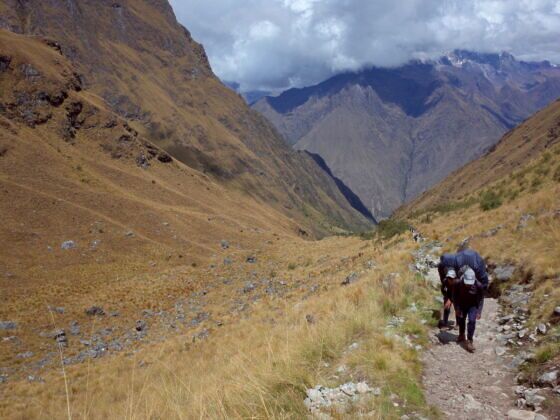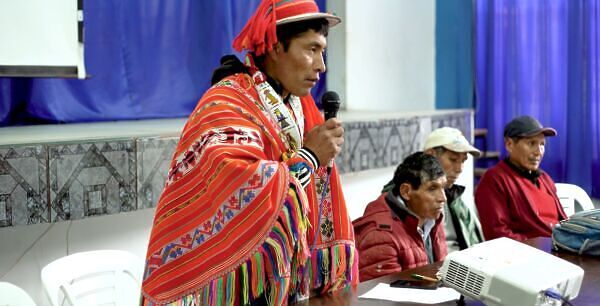A new documentary film looks at the global trekking industry’s impact on porters, and uncovers exploitation in porters’ working conditions and pay. “Km 82″ features interviews with several porters and representatives of the Inca Trail Porter Federation, a porter’s advocacy group, in an attempt to raise awareness of these issues.
Trekking the 26-mile classic Inca Trail route is a dream adventure for many hikers. Reaching altitudes of 13,800 feet and taking four days to complete, the journey is not only an intense physical endeavor but a right of passage of sorts for serious trekkers. The trek requires ample gear and food, carried by porters, employees of the tour operators whose role is to not only lug visitors’ gear along the grueling route but to set up and maintain camp each day.

